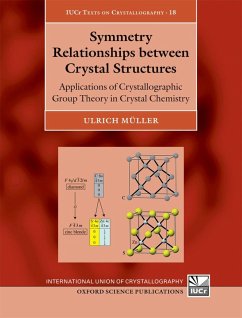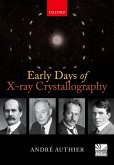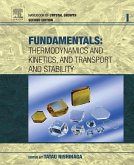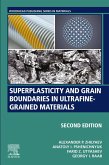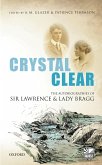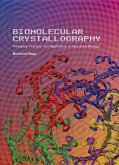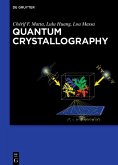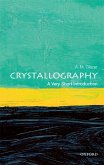In crystal chemistry and crystal physics, the relations between the symmetry groups (space groups) of crystalline solids are of special importance. Part 1 of this book presents the necessary mathematical foundations and tools: the fundamentals of crystallography with special emphasis on symmetry, the theory of the crystallographic groups, and the formalisms of the needed crystallographic computations. Part 2 gives an insight into applications to problems in crystal chemistry. With the aid of numerous examples, it is shown how crystallographic group theory can be used to make evident relationships between crystal structures, to set up a systematic order in the huge amount of known crystal structures, to predict crystal structures, to analyse phase transitions and topotactic reactions in the solid state, to understand the formation of domains and twins in crystals, and to avoid errors in crystal structure determinations. A broad range of end-of-chapter exercises offers the possibility to apply the learned material. Worked-out solutions to the exercises can be found at the end of the book.
Dieser Download kann aus rechtlichen Gründen nur mit Rechnungsadresse in A, B, BG, CY, CZ, D, DK, EW, E, FIN, F, GR, HR, H, IRL, I, LT, L, LR, M, NL, PL, P, R, S, SLO, SK ausgeliefert werden.

